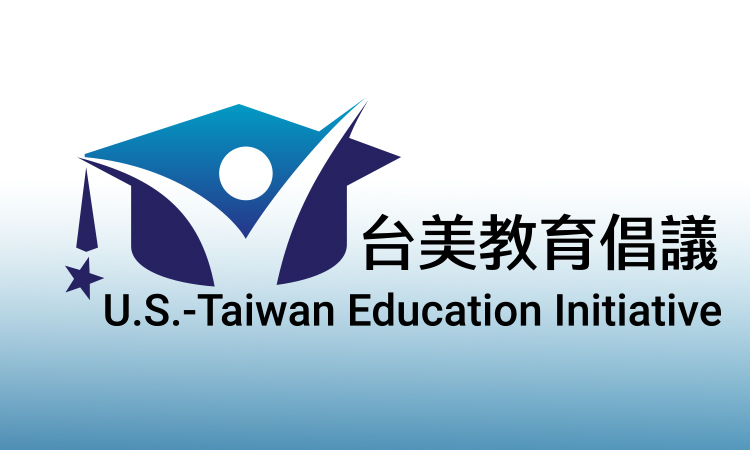New U.S.-Taiwan Education Initiative
January 7, 2021
This year, international education has looked different, more than ever before. Traditional exchange programs have been largely unavailable, and other avenues of world language and cultural education have gone online.
Still, the need for strong cross-cultural learning opportunities remains pressing. Learning a second language benefits students academically and on the job market, with many U.S. employers reporting that they seek candidates who know another language. Unfortunately, the vast majority of states report a shortage of world language teachers. Recruiting teachers for language immersion programs or advanced language instruction is difficult because these positions demand a high level of fluency and discipline-specific vocabulary. Deputy Secretary Mitchell Zais recently joined State Department officials and representatives from American Institute in Taiwan (AIT) at a virtual meeting with Taiwan representatives to identify potential steps that the United States and Taiwan could take to meet the growing need for Mandarin teachers in the United States, and for English instructors on Taiwan. The meeting marked the launch of a new U.S.-Taiwan Education Initiative.
Taiwan plans to be bilingual by 2030 and wants to recruit more native English-speaking teachers, which could give U.S. teachers opportunities to teach abroad and learn innovative pedagogical techniques. In turn, districts, states, and schools could increase the number of visiting Mandarin teachers and provide their teachers a unique professional development opportunity on Taiwan.
States and school districts across the United States could expand existing educational partnerships or develop new ones to meet the growing demand for Mandarin instructors. One state, Indiana, has a memorandum of understanding (MOU) with Taiwan to bring Mandarin teachers into its schools. Even during this challenging academic year, students in Indiana are learning about Chinese culture and Mandarin from Taiwan teachers and teaching assistants through in-person and virtual settings.
The benefits of the partnership extend to postsecondary education, too. Mandarin is one of the top languages that students study in college, and institutions are looking to deepen their partnerships with Taiwan postsecondary institutions and researchers. They could design partnerships differently depending on their interests. For example, National Taiwan University signed an MOU to partner with the Partners Discovery Institute, an education and research center led by the University of Illinois System, while Stanford University has agreements with Taiwan’s Ministry of Science and Technology to bring top Taiwan scholars to Stanford to conduct research.
Postsecondary institutions can also apply for the Department’s Title VI and Fulbright-Hays grants to increase language instruction or cultural experiences in Taiwan, including Language Resource Center, National Resource Center, and the Foreign Language and Area Studies programs.
The recent meeting also provided an opportunity for the AIT and the Taipei Economic and Cultural Representative Office to sign a MOU, which focuses on strengthening cooperation and collaboration on international education, especially language education.
The Department of State is responsible for implementing the MOU in the United States and plans to increase student exchanges administered by its Bureau of Educational and Cultural Affairs, such as the Fulbright Program, Critical Language Scholarship Program, and the National Security Language Initiative for Youth. Taiwan also has many existing language learning and teaching opportunities.
The U.S.-Taiwan Education Initiative will ensure more students have access to strong educational opportunities that allow them to acquire important skills, like critical thinking, communication, and knowledge of different cultures. These abilities are critical, as today’s learners prepare for success in whatever comes next, including mastering the demands of a global workforce and making their mark on the world.
As Deputy Secretary Zais explained, “Students who speak several languages have an advantage in many aspects of their careers and lives. I am confident our partnership can help more students gain these important skills – on Taiwan and in the United States.”
Authors:
Maureen McLaughlin, Senior Advisor and Director of International Affairs
Ashley Clark, Presidential Management Fellow, International Affairs Office
















![Video Thumbnail [Recovered]-01](../wp-content/uploads/sites/269/Video-Thumbnail-Recovered-01-1-750x450.jpg)




